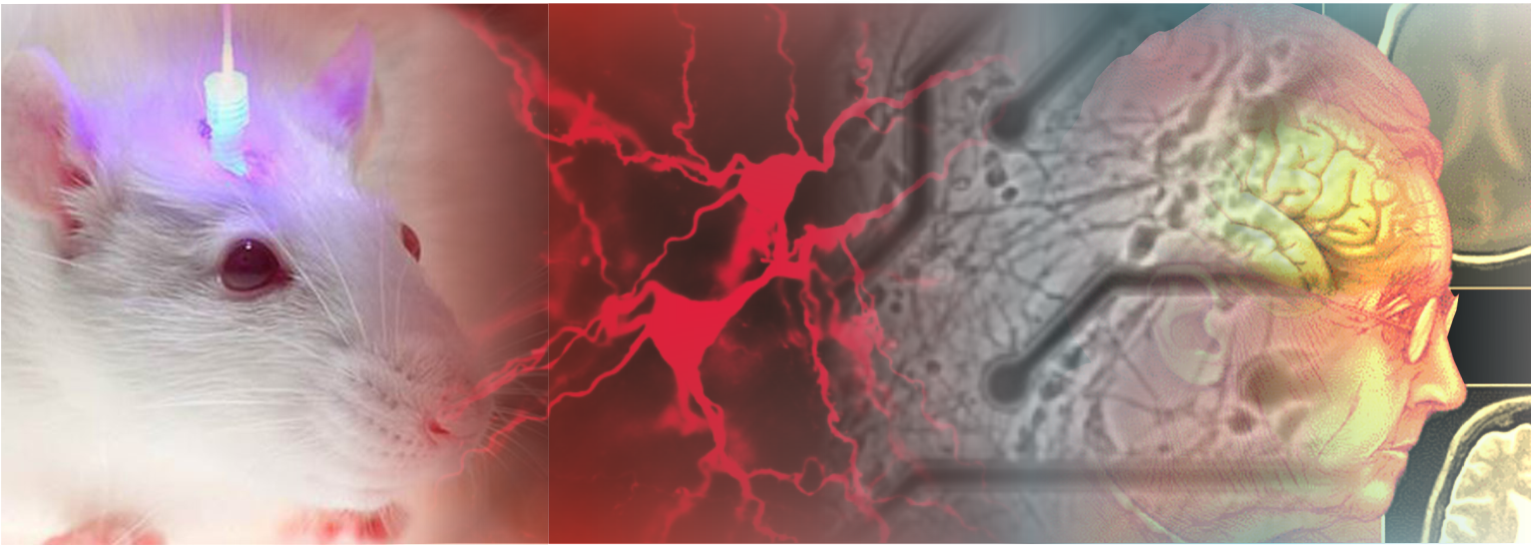
“Current approaches in neurological disorder research: from animal models to human brain on the chip” a course by Prof. Dirk Schubert – POSTPONED to April 2022!
We cordially invite you to participate in „Current approaches in neurological disorder research: from animal models to human brain on the chip” course which will take place from 04 – 08 April 2022 at the Nencki Institute of Experimental Biology (hall 1, first floor).
The lecture will be conducted by Prof. Dirk Schubert from Radboud University Medical Centre, Dept. of Cognitive Neuroscience, Nijmegen, The Netherlands.
Participants: 30-50
Language: English
Student profile: Master and PhD Students/postdocs from various disciplines (biology, chemistry, physics, medicine)
Stipends: FENS and IBRO-PERC provide 4 stipends of 750 EUR for Master and/or PhD students interested in attending this course. Through these stipends FENS and IBRO-P
To apply for stipend, click here
Registration to the course: phdoffice@warsaw4phd.eu
Deadline: November 05th, 2021
The course will count for 2 ECTS as “Advanced methods of biology”
Program of the course:
1. Ex vivo techniques for testing neurological networks
What techniques are currently golden standard in investigating neuronal network structure and function ex vivo? In the lecture the students will get an overview about how to assess single neuron structure and function up to neuronal population activity
2. Inhibitory/excitatory networks
Current research implies that distorted balance between excitation and inhibition is playing a key role in most neurodevelopmental and neurodegenerative disorders. After 1st introducing the wealth of different classes of excitatory and inhibitory neurons and their specific network integration, during a workgroup the students will work on simple model circuits in order to understand synaptic integration in basic excitatory/inhibitory networks.
3. Animal models for neurodevelopmental disorders
Today science can design animal models for many specific mutations, disorders and research readouts. During this lecture the students will get an overview of a selection of state-of-the-art genetic approaches that allow disease as well as cell type specific neuronal manipulation in translational research.
4. Cellular correlates of mind and memory in vivo
New approaches allow the monitoring and replaying memory in living animals on cellular level. In this interactive lecture the students will learn and discuss about how to use such animal models in fundamental research on memory and in understanding neurological disorders.
5. Human brain on the chip
How to investigate complex mental disorders and treatment strategies in animal models if the genetic etiology is often hardly comparable with the individual patient. Human derived pluripotent stem cells and the so called “human brain on a chip” approaches allow new ways for investigating gene-cellular phenotype correlation and provide a testing platform for patient specific drug testing. During the interactive lecture and using example disorders the student will learn the pros and cons about 2-dimensional neuronal cultures of human iNeurons and brain organoids.
6: Student presentations (up to 32 students) or examination (>32 students)
Dependent on the number of students enrolled in the course, the study aims will be tested either (a) by means of a 2hr exam on the last day (open questions) or (b) by students’ presentations and graphical abstracts.
For the presentations: groups of 4 students will chose one recent paper (list of relevant articles will be provided) which they will present during a 15 min Powerpoint presentation. All 4 students need to present and the presentation will be graded. Every group will also produce a short graphical abstract of their paper, which will produce a grade that will be combined with the grade for the presentation.
Timetable available here
